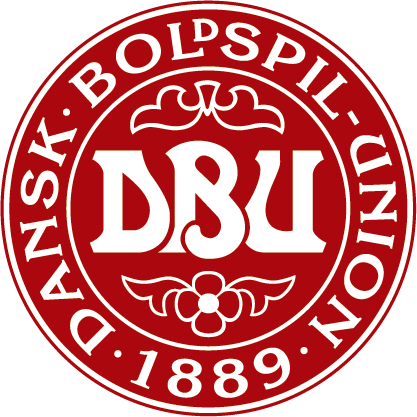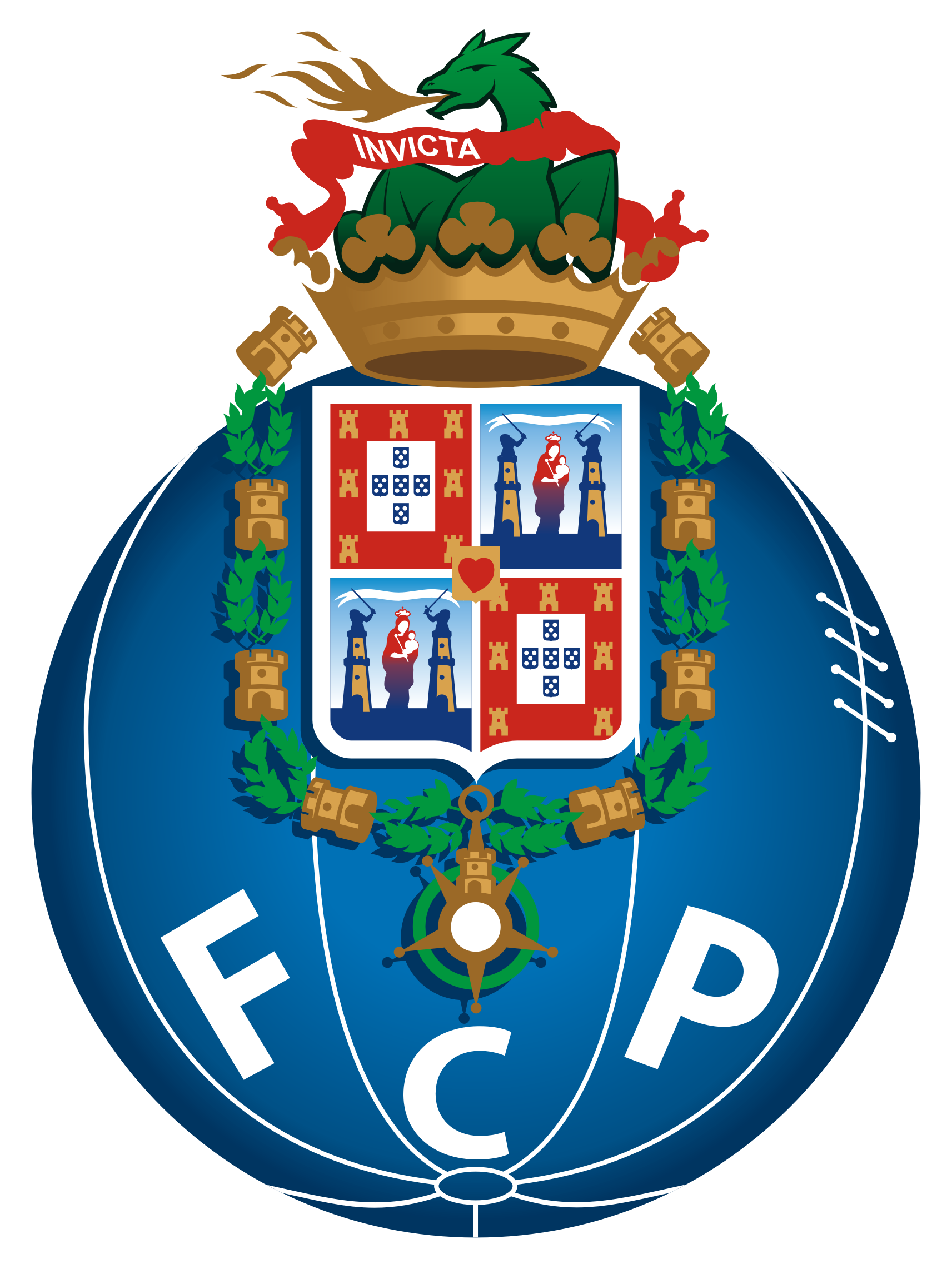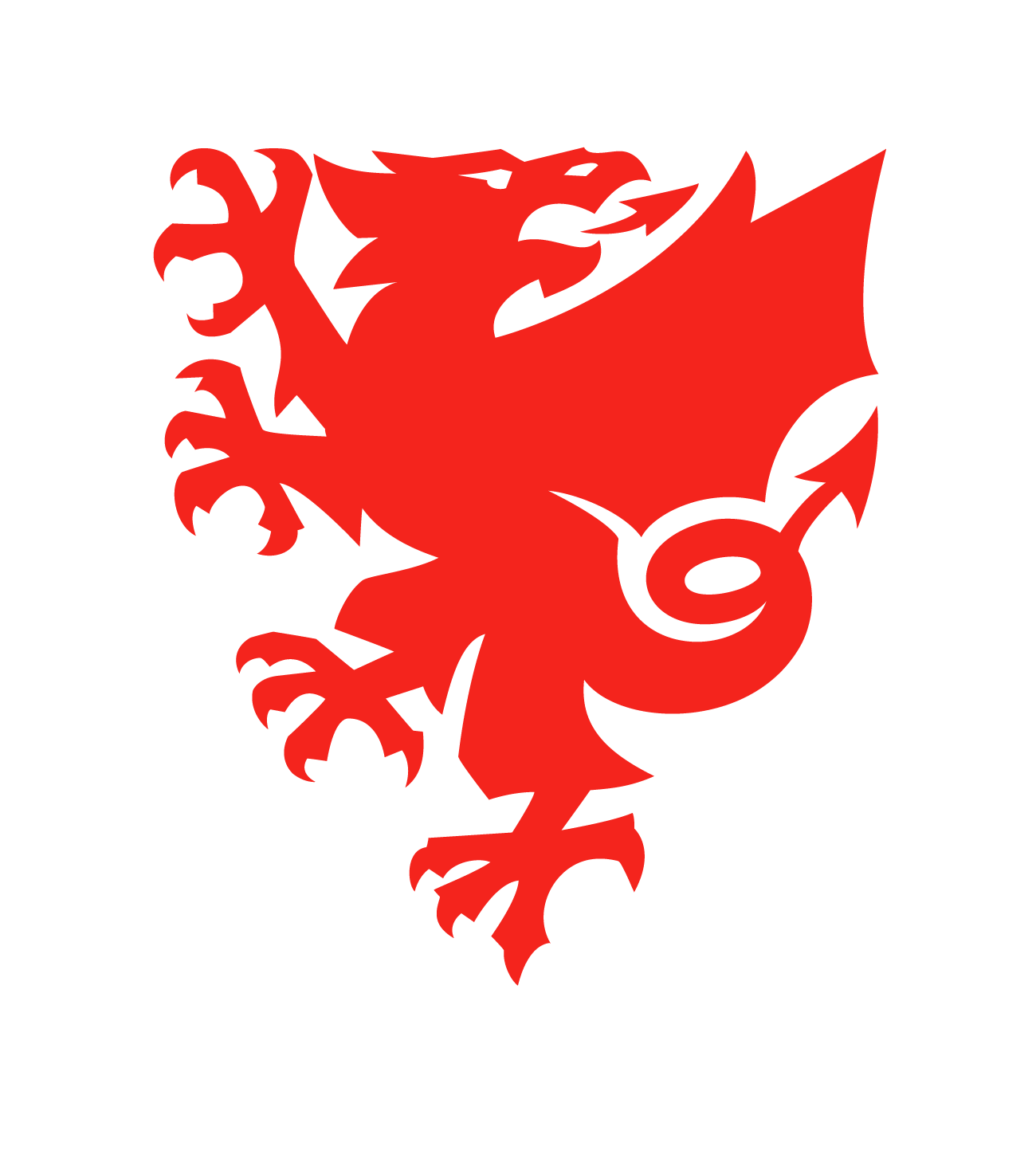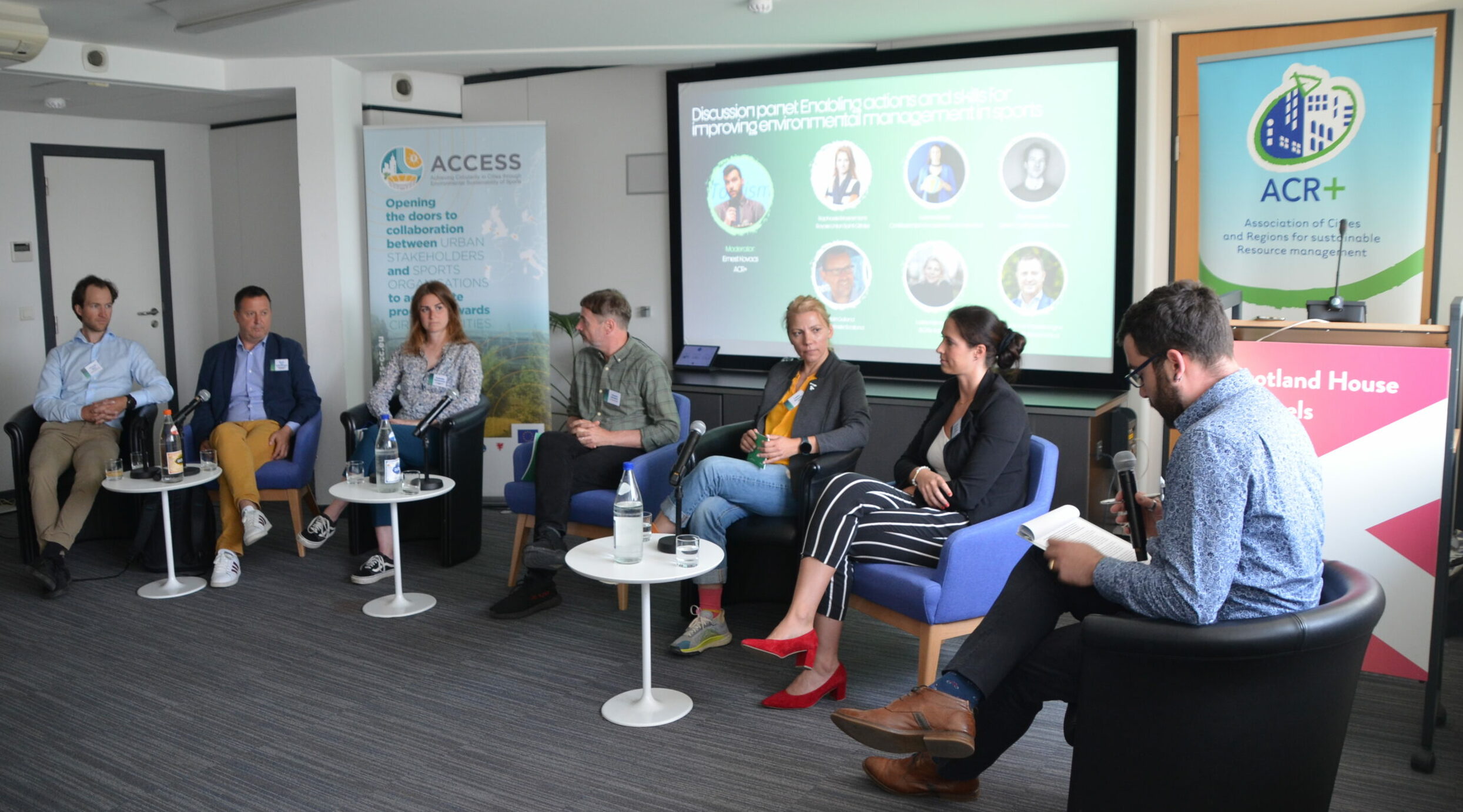ACR+
A notable appearance at EU Green Week as ACCESS gets featured at ACR+ official partner event
Supported by Zero Waste Scotland and titled “Greening sports for achieving participative and contributory circular communities: skills and know-how for getting there”, ACR+ organised an official EU Green Week Partner Event which allowed ACCESS to showcase its objectives, approaches and expected results.
The event wanted to reflect on this year’s key focus of the Week: skills for sustainable, resilient and socially fair communities. Considering the ACCESS project’s objectives and approaches and methodologies used for achieving them, the project indeed had what it took to be featured at such an event. The four hours long conference gathered a diverse audience of 50 participants, including academia, media, public authorities, sport organisations, EU officials and NGOs which allowed interactive discussions, looking at the challenges and solutions from various perspectives.
During his opening speech, Iain Gulland, Zero Waste Scotland’s founding CEO and president of ACR+, reflected on the General Assembly ACR+ had the previous week and said: “Cooperation and network approach has been the heart of ACR+’s principles since it was founded nearly 30 years ago. Our General Assembly in Dublin, just a week ago, showed how important citizen engagement and the responsibility of various stakeholders are to contribute to circular cities. How can this happen and how is this reflected in our daily lives is what we need to further explore”.
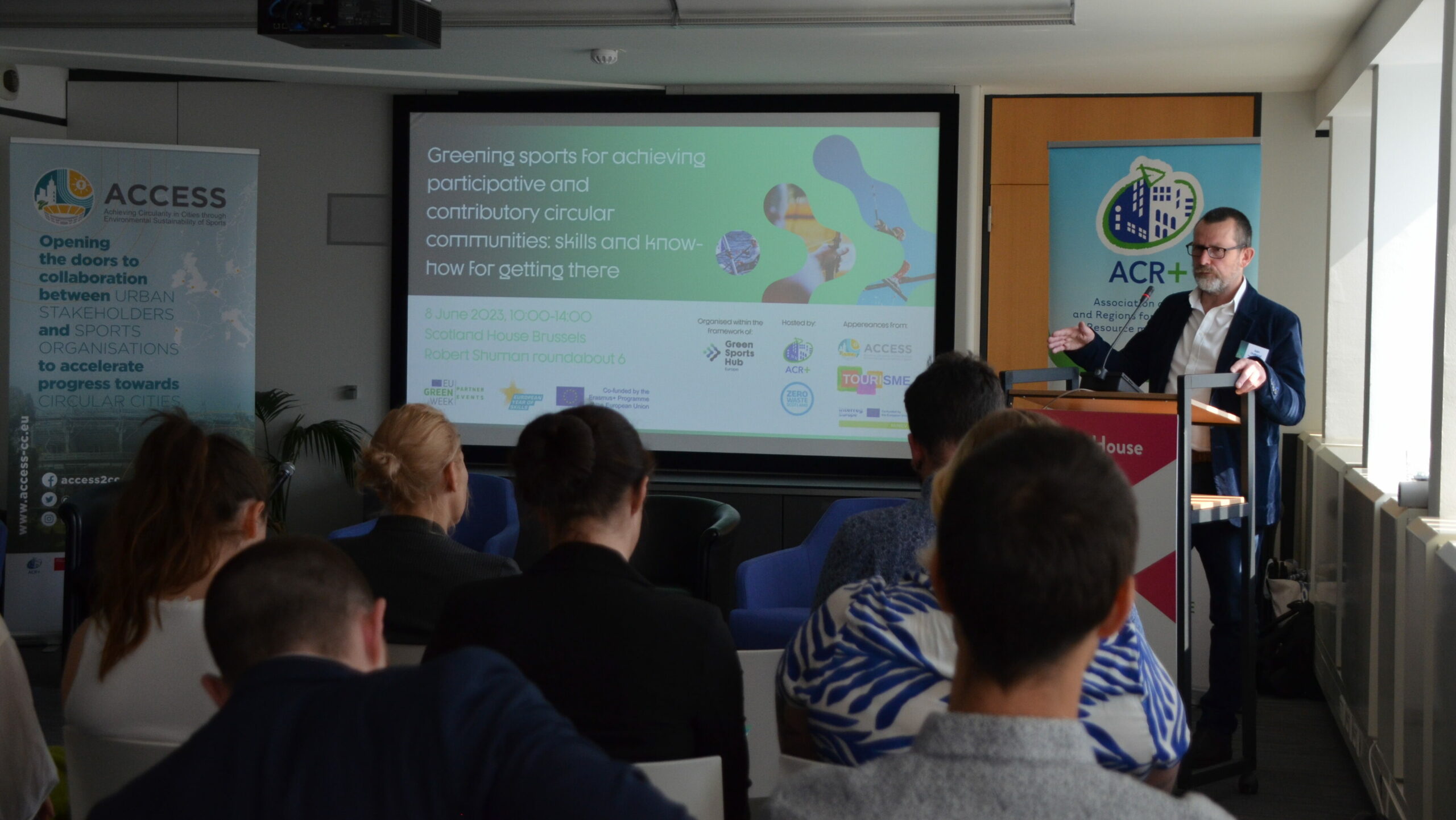
Peter Fischer of the European Commission’s DG Education and Culture and policy officer for the green sport portfolio followed up on the previous speech of Iain Gulland explaining and reassuring the audience that the work of the EU’s Expert Group on Green Sport was advancing and, in fact, that the long awaited “Recommendations for a common framework for sustainable sport” should be published towards the end of summer 2023. These recommendations would help the Member States in setting up and implementing appropriate frameworks for tackling some of the key challenges covered by the document, such as sustainable infrastructure, innovative cross-sectoral solutions, and further capacity building and education, all accompanied by examples of good practices.
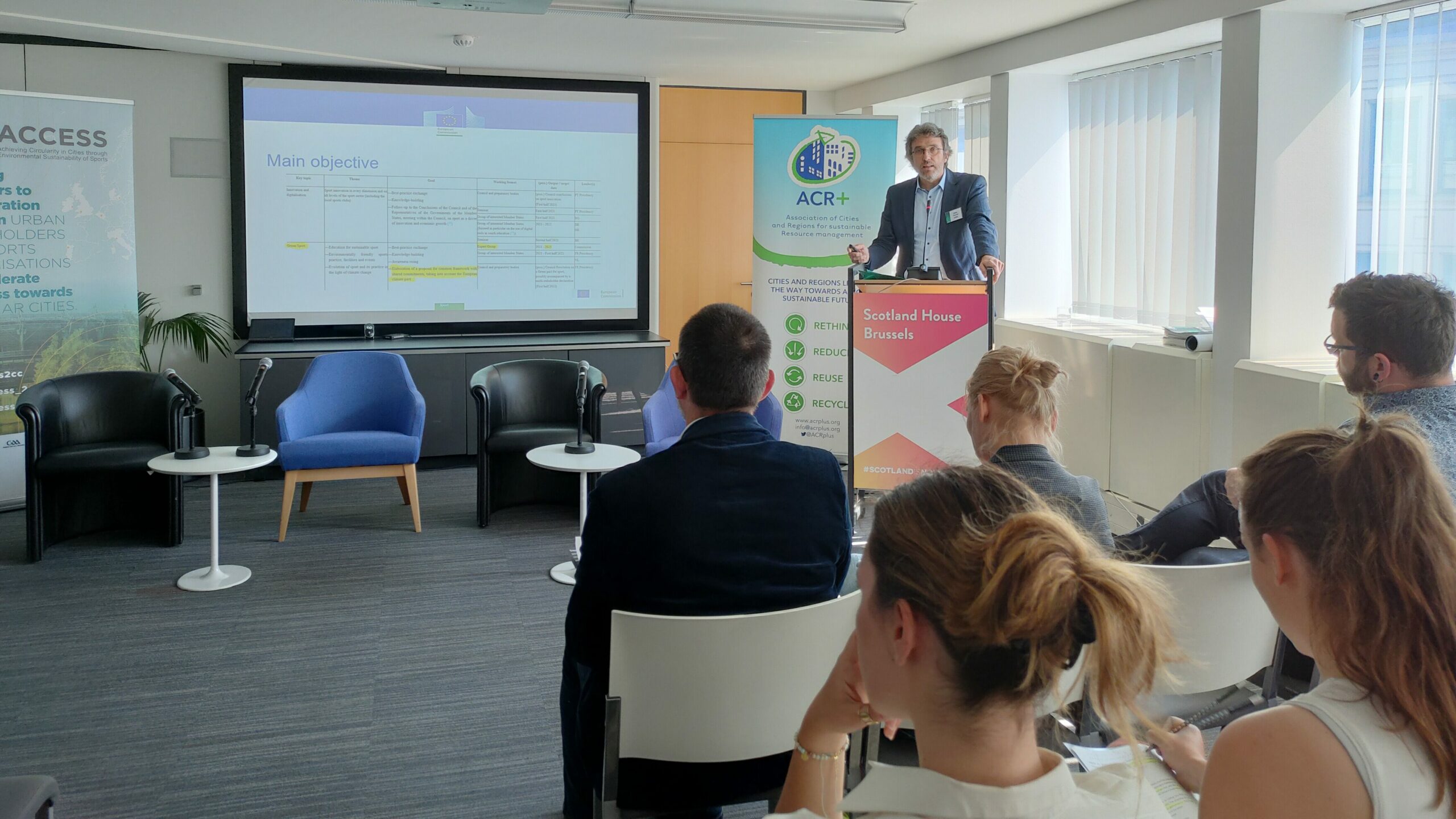
Adeline Plé of the Surfrider Foundation Europe closed the keynote speeches with her intervention “In what ways do cities have the power to accompany the transition of the sport sector?”.
Beside other European projects and initiatives, the ACCCESS project contributed with the intervention of Ernest Kovacs of ACR+, who highlighted the need for enhanced cooperation between sport organisations and public authorities in order to amplify the implementation of relevant local and regional strategies and policies within sports. He highlighted and stressed out operations in sports as an untapped potential and opportunity for both public authorities and sport organisations to achieve a win-win situation – sport organisation benefitting from support, capacity building and guidance and public authorities being able to enhance the reinforcement of their policies and strategies in this field. Without platforms and networks such as the Communities of Practice, the project wants to promote, it would be difficult to reach a critical mass, he concluded.
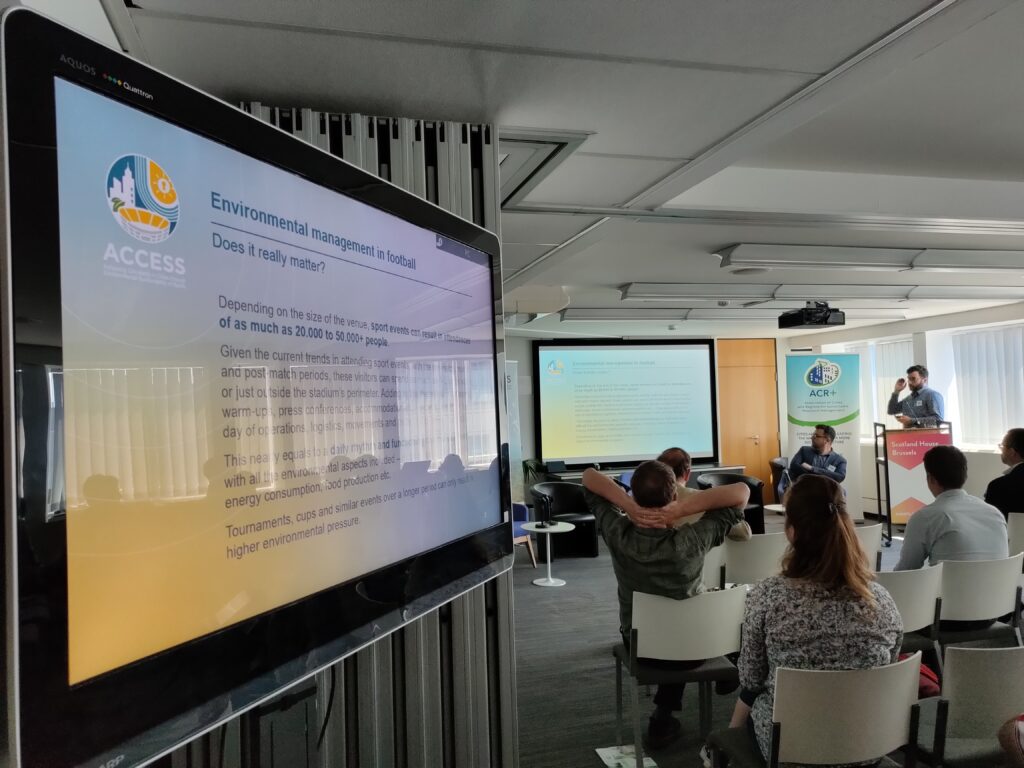
The panel discussion composed of diverse panellists allowed the entire room to participate in an inspiring discussion which saw skills, tools, practices, challenges and solutions being discussed, as well as potentials for increased cooperation, peer to peer support and learning and the role of formal education and relevant institutions in providing appropriate skills. The panel included Raphaelle Moeremans of Royale Union Saint-Gilloise, Katrina Reuter of Confédération Européenne de Volleyball, Jonas Orset, Founder of Green Cycling Nordic Norway, Zero Waste Scotland’s Warren McIntyre, a Bulgarian activist and managing director of BG Be Active – Laska Nenova and Bruno Van Pottelsberghe, the Dean of Solvay Business School.
Finally, Eva Rebmann, the acting Deputy Director at the European Olympic Committee EU Office, looked back at the event with the following words as her final key remark: “Sports must change and not only for image or marketing reasons – our societies suffer from climate change and sports have the power to change mindsets and current processes. We see that tools, platforms, learning modules, communication materials, support and much more is available and await out there, we all as a community need to make the best out of them”.










